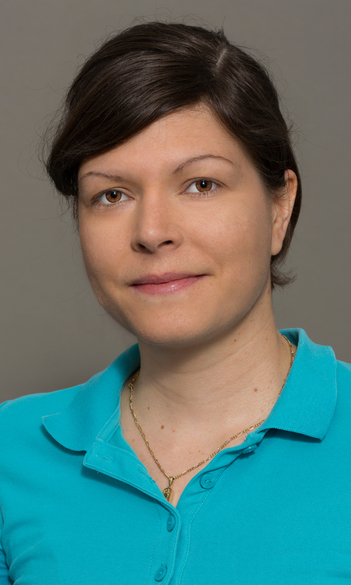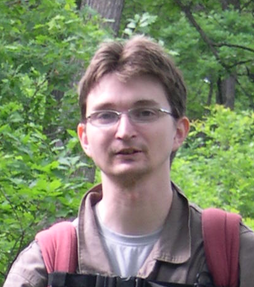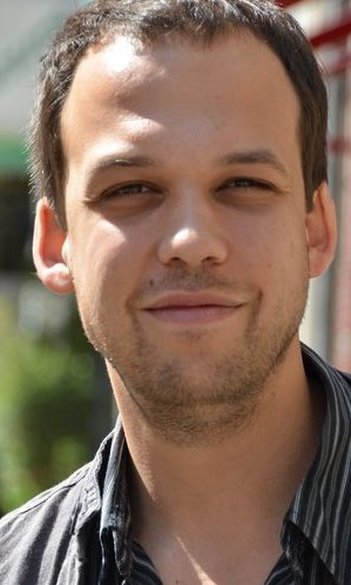
Bioinformatics is becoming part of research basically at every Department at the Biological Institute and also at some of Departments of the Physical Institute. Genomics, transcriptomics and proteomics data are used to understand basic biological processes underlying neurological development and diseases, the origin of immune response and antibiotic resistance or to explore the microbiome of water and soil. They develop novel computational tools to identify cancer mutations, understand the structural and functional properties of proteins and interpret the effect of mutations. Theoretical and bioinformatic studies carried out at the University help to understand basic evolutionary events. Bioinformatics is a key component of a project at our university that aims to find new biomarkers for various diseases, such as rheumatoid arthritis, cancer or neurodegenerative diseases.




